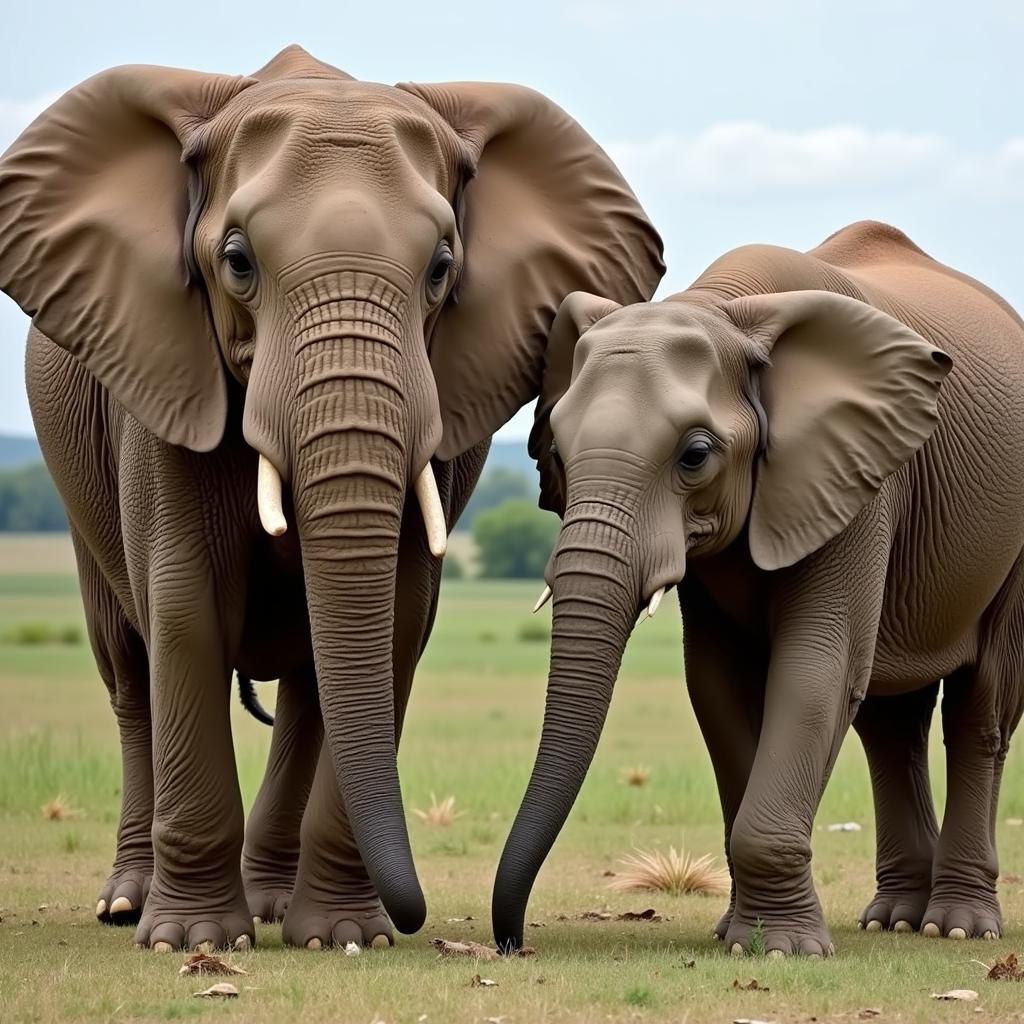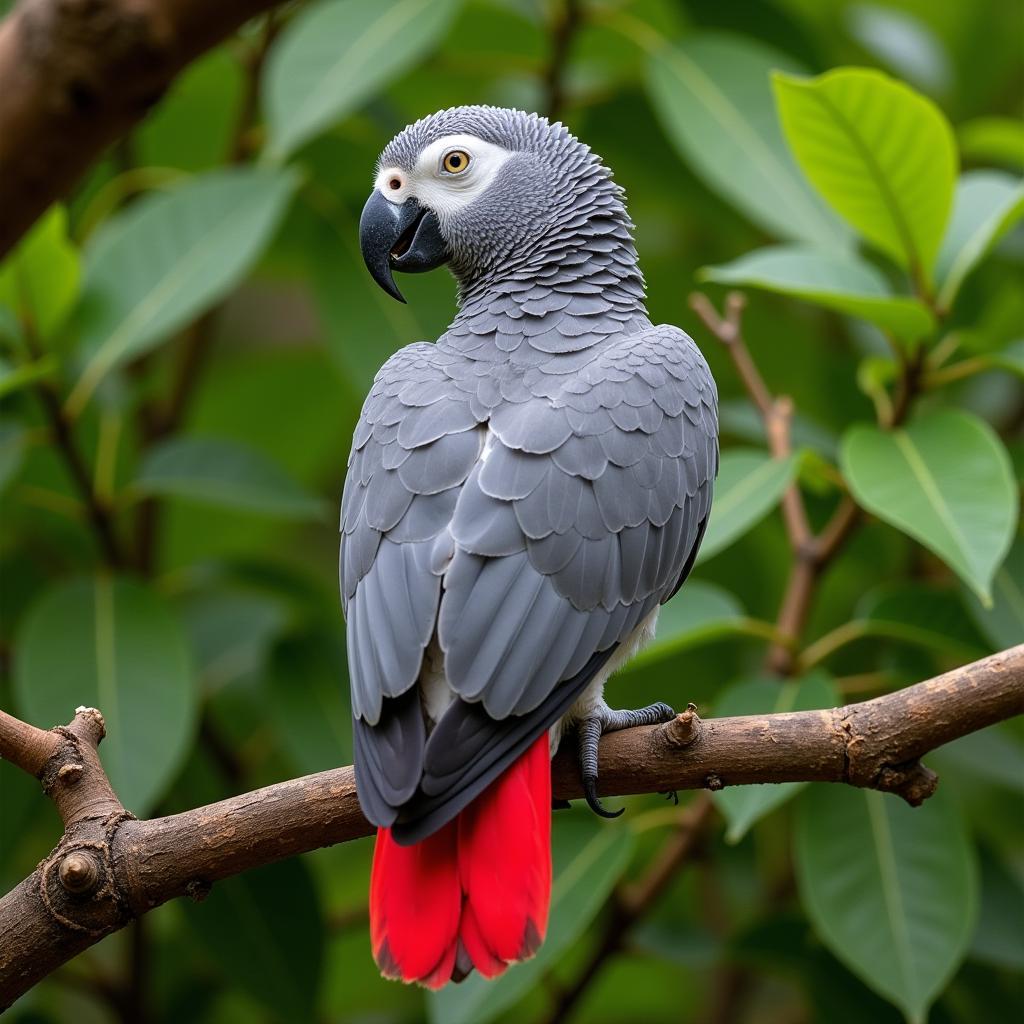Unveiling the Myth: African Gangsters with Long Hair and Beard
The image of “African gangsters with long hair and beard” often conjures up preconceived notions and stereotypes fueled by media portrayals. However, the reality is far more nuanced and complex. This search term itself reflects a narrow and potentially misleading view of a vast and diverse continent. Let’s delve into the cultural contexts, historical influences, and social factors that contribute to personal style choices in Africa, moving beyond simplistic generalizations.
The Intersection of Culture and Style in Africa
Attributing long hair and beards solely to a “gangster” image disregards the deep cultural significance these styles hold in many African societies.
- Spiritual Symbolism: In numerous traditions, long hair is revered as a symbol of spiritual connection, wisdom, or ancestral lineage. For example, among the Maasai of East Africa, elaborate hairstyles signify age, status, and bravery.
- Ethnic Identity: Certain ethnic groups across the continent utilize hairstyles as powerful markers of belonging and cultural heritage. Intricate braiding patterns, dreadlocks, and adornments can communicate lineage, marital status, or social standing.
- Practical Considerations: Environmental factors, such as climate and access to hairstyling resources, also play a role in shaping hair practices.
Beyond the Stereotype: Understanding Individual Choices
It’s crucial to recognize that personal style, including hairstyle and grooming preferences, is ultimately an individual expression.
- Urban Trends and Influences: As with any global region, urban centers in Africa are hubs of evolving fashion and style trends. International music, cinema, and social media can all influence how individuals choose to present themselves.
- Religious Beliefs: Religious practices also impact personal grooming. For instance, Muslim men often grow beards as a mark of religious devotion.
- Personal Preference: At its core, the decision to grow long hair or a beard can simply be a matter of individual taste, aesthetics, or convenience.
To assume that such choices automatically align with criminal activity perpetuates harmful stereotypes and overlooks the richness and diversity of African cultures.
Challenging Misconceptions and Promoting Understanding
The perpetuation of stereotypes, particularly those linking physical appearance to criminality, has harmful consequences.
- Bias and Discrimination: These stereotypes contribute to unconscious bias and can lead to discrimination in various spheres of life, including employment, housing, and interactions with law enforcement.
- Limited Perspectives: Relying on stereotypical imagery prevents us from appreciating the multifaceted realities of African societies and the individuality of its people.
It is our responsibility to engage with Africa and its diaspora with respect, curiosity, and a willingness to learn beyond simplistic narratives.
Conclusion
Rather than seeking to confirm preconceived notions, let’s approach the topic of personal style in Africa with an open mind and a desire for genuine understanding. By embracing the diversity of cultures, traditions, and individual expressions, we can move beyond harmful stereotypes and appreciate the richness that Africa offers. Remember, judging individuals based on appearance is never accurate, and embracing cultural nuances fosters greater respect and appreciation for our diverse world.


